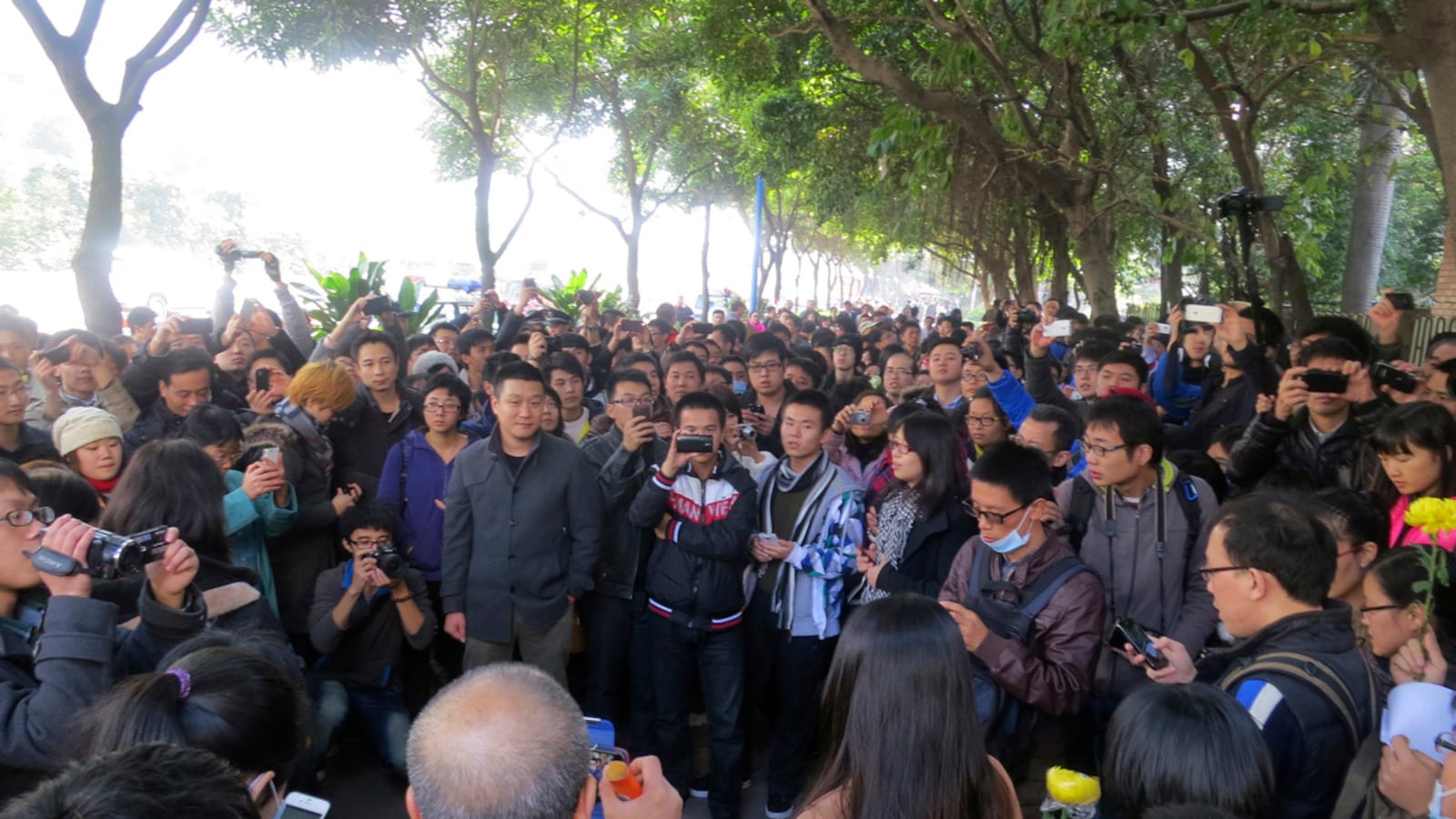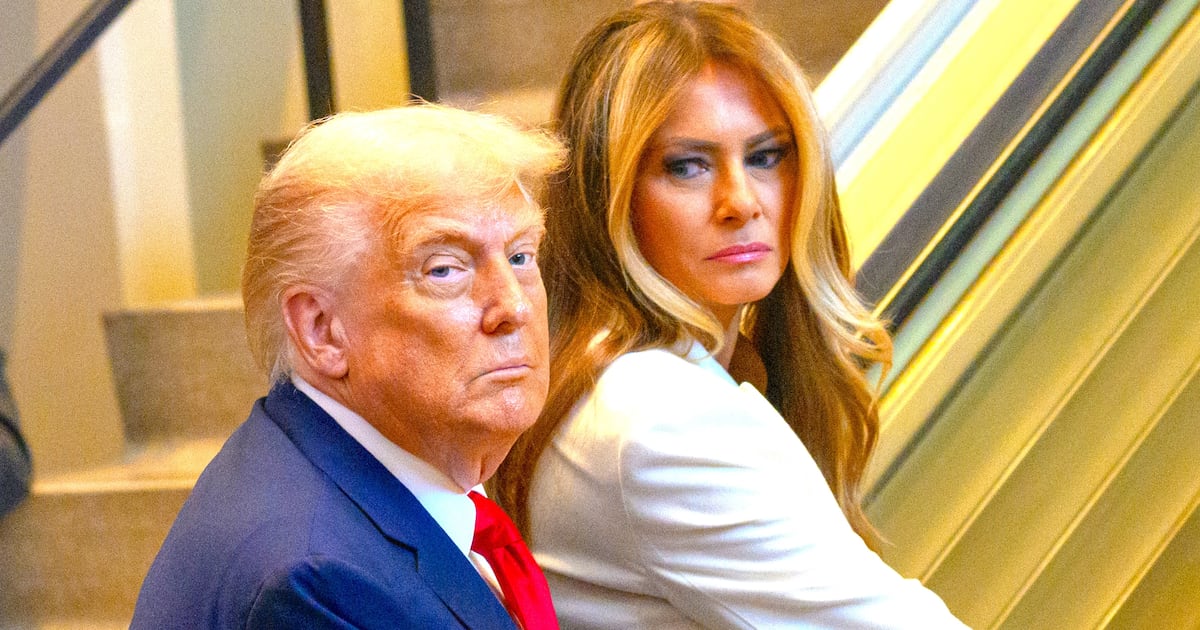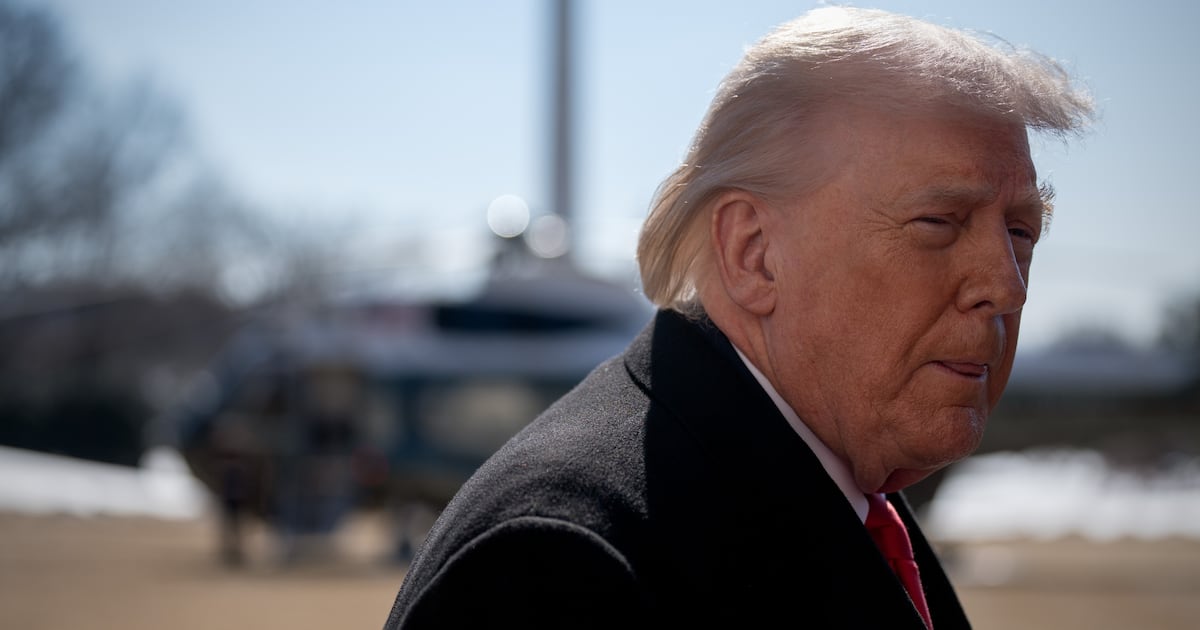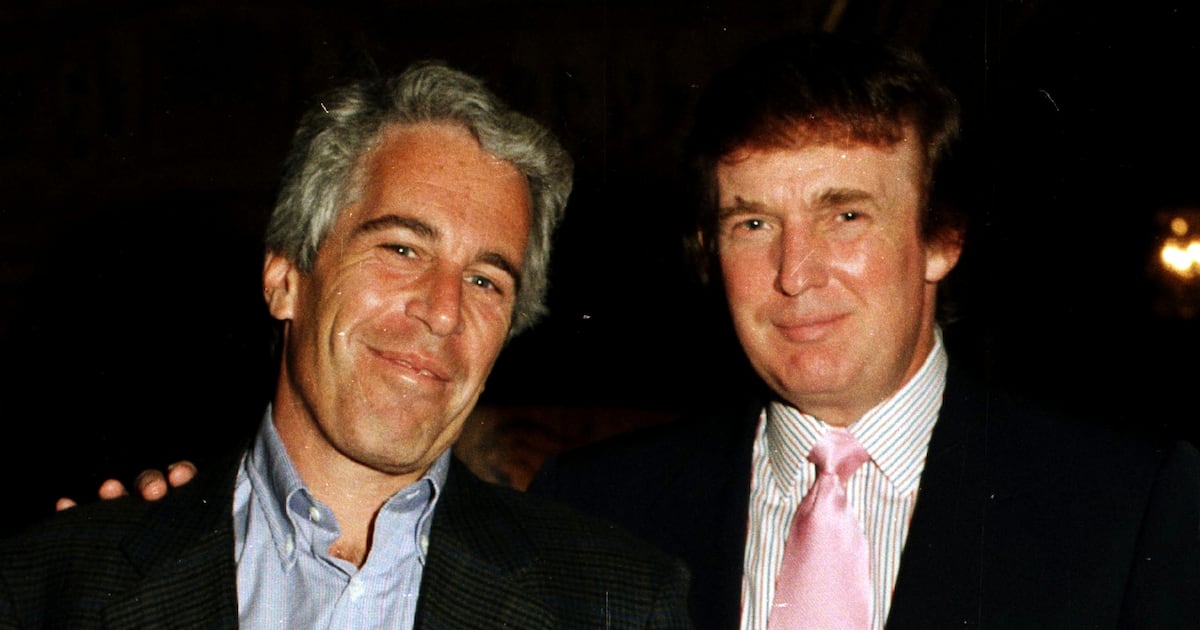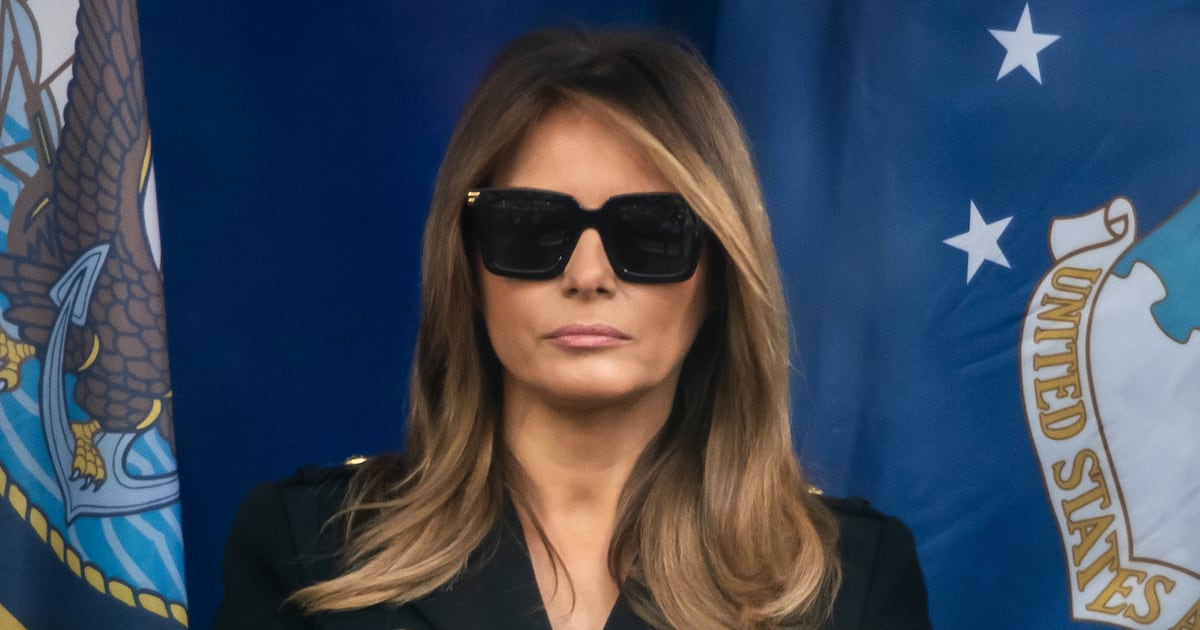When Xi Jinping became China’s top leader in November, ordinary Chinese responded with an unusual surge of optimism and hope. After what many intellectuals considered a “lost decade” under Xi’s predecessor Hu Jintao, they expressed high expectations that Xi will implement not only economic reform but also a degree of political liberalization. But now, in a rare show of dissent, journalists at a relatively outspoken newspaper in southern China have protested against official censorship—presenting Xi with what many see as a test of his tolerance for grassroots calls for change.

Is the honeymoon over? If so, it was good while it lasted. For years, ordinary citizens have regarded the antics of the high and mighty with yawns, cynicism, or outright opposition. But when Xi was promoted to the Communist Party’s top job last November, grassroots reaction was uncommonly upbeat. Some nationalistic youth even set off firecrackers to celebrate Xi’s ascension, said one Chinese editor who requested anonymity because she wasn’t cleared to speak with foreign media. “They felt Xi would be more forceful in defending China’s interests in the region,” she said. Chinese liberals had equally high expectations about the prospects for a revival of political reforms that had languished and even reversed under Hu Jintao.
The anti-censorship protest erupted Monday, as journalists employed by the relatively liberal Southern Weekend paper in southern China went on strike to express their furious opposition to recent interference by local propaganda authorities. The top provincial propaganda official, Tuo Zhen, oversaw changes to a Southern Weekend New Year’s editorial titled “China’s Dream, the Dream of Constitutionalism.” Originally it supported greater constitutional rights for citizens. But it was successively revised and watered down to become a paean to the political status quo, in which the Communist Party dominates government decision making.
Hundreds of sympathetic protestors gathered outside the paper’s headquarters Monday in Guangzhou, the capital of Guangdong province, in an expression of solidarity against censorship. Chinese celebrities posted messages of support on Twitterlike microblog accounts. Citizens of all ages came to the newspaper offices carrying banners—one of them read: “Get rid of censorship. The Chinese people want freedom”—and chrysanthemums, which are a Chinese symbol for mourning. Local police were at the scene, but they did not move to forcibly disperse the protest.
Tuesday scuffles broke out between supporters of the striking journalists and a small group of left-leaning nationalists who held Mao protraits and signs denouncing Southern Weekend as "a traitor newspaper" because its employees had openly opposed the ruling party.
It may be premature to expect Xi to aggressively tackle an issue as controversial as censorship less than two months after becoming party head. For one thing, the leadership succession isn’t yet complete. Political transitions in Beijing are unique in that they play out in both party and government positions—but not simultaneously. The former took place in November, while the latter is due to take place in early March after the annual session of parliament, the National People’s Congress.
At the moment, Hu Jintao is still China’s president, even though Xi has already succeeded him as party chief and as head of the party’s key central military commission. “People should be patient and give Xi some time. Hu was in power for 10 years and has done almost nothing for the country. I don’t think Xi will be in charge officially until after the coming national people’s congress this March,” said Li Datong, former editor of the weekly magazine Freezing Point. “In time, I’m quite sure Xi will try his best to liberalize freedom of expression.” The January 2006 closure of Freezing Point, and firing of Li as managing editor, followed the last incident of open opposition to media censorship, in which the paper published a letter by academic Yuan Weishi condemning government interference in media.
The most important governing entity is the party’s seven-man Politburo Standing Committee, and its collective nature is another obstacle to dramatic and individualistic decision-making at the top. “It’s a collective leadership, so we need time to see what happens when Xi is fully in power after the coming parliament session this March,” agreed Prof. Hu Xingdou of the Beijing University of Technology, “This is an early test for Xi and his team, but I think they have enough talent to resolve the issue … I hope the government doesn’t overreact.”
So far, at least, the official response to the protest has been relatively moderate. Yuan Weishi, a professor at Zhongshan University in Guangzhou, told The Daily Beast, “The good thing is that the police in Guangzhou were quite patient and polite with protestors this time. They allowed the protestors to make speeches.” However, the jury’s still out as to whether Xi and his new team will allow any significant loosening of official censorship even after they’ve consolidated authority. Allowing some protesters to speak out isn’t the same as guaranteeing freedom of expression. If censorship remains in its current form, warned former editor Li, “one day the Communist Party will pay a higher price for suppressing media, because it would not be considered a legitimate government if it doesn’t allow people to speak their minds.”

